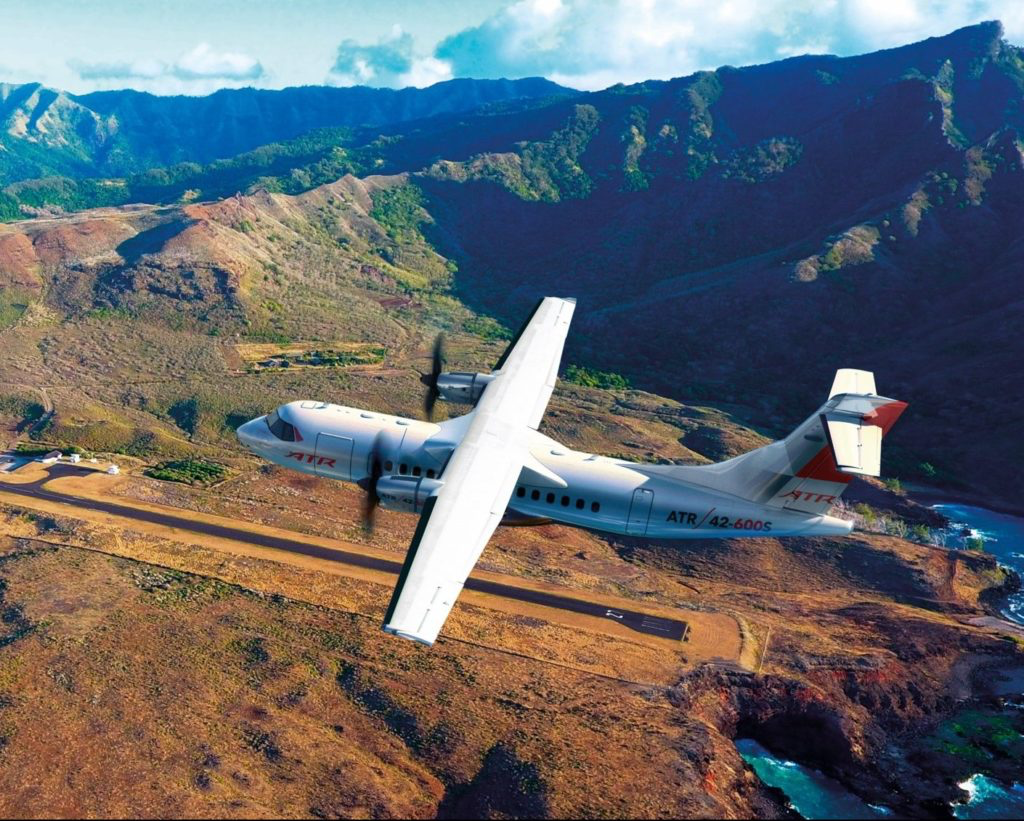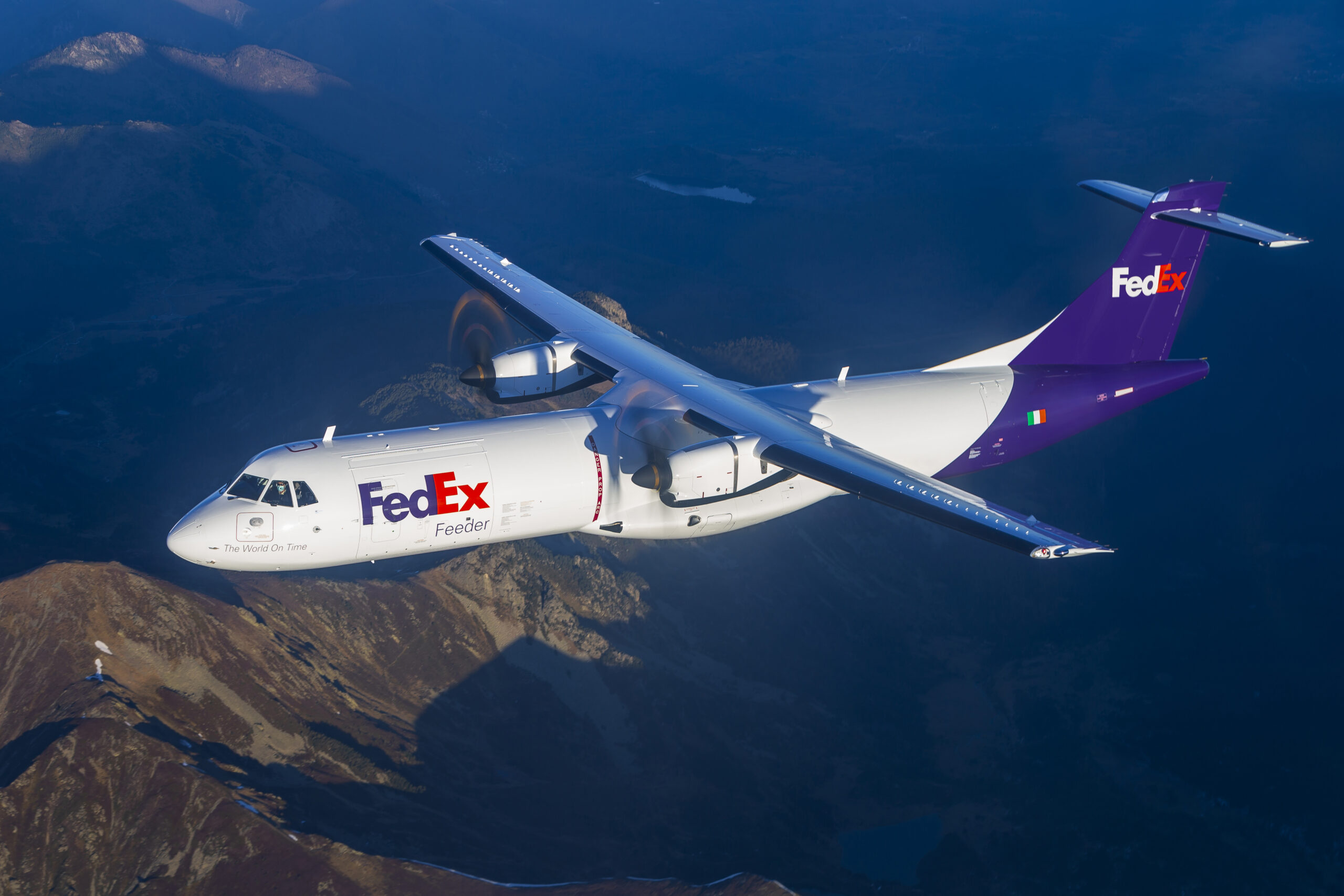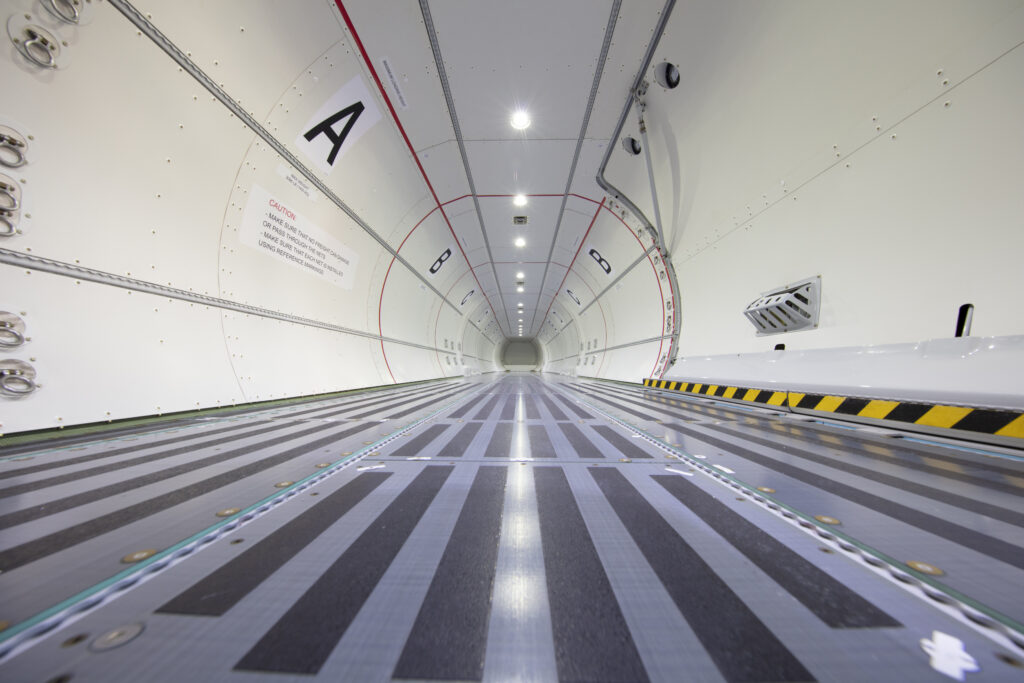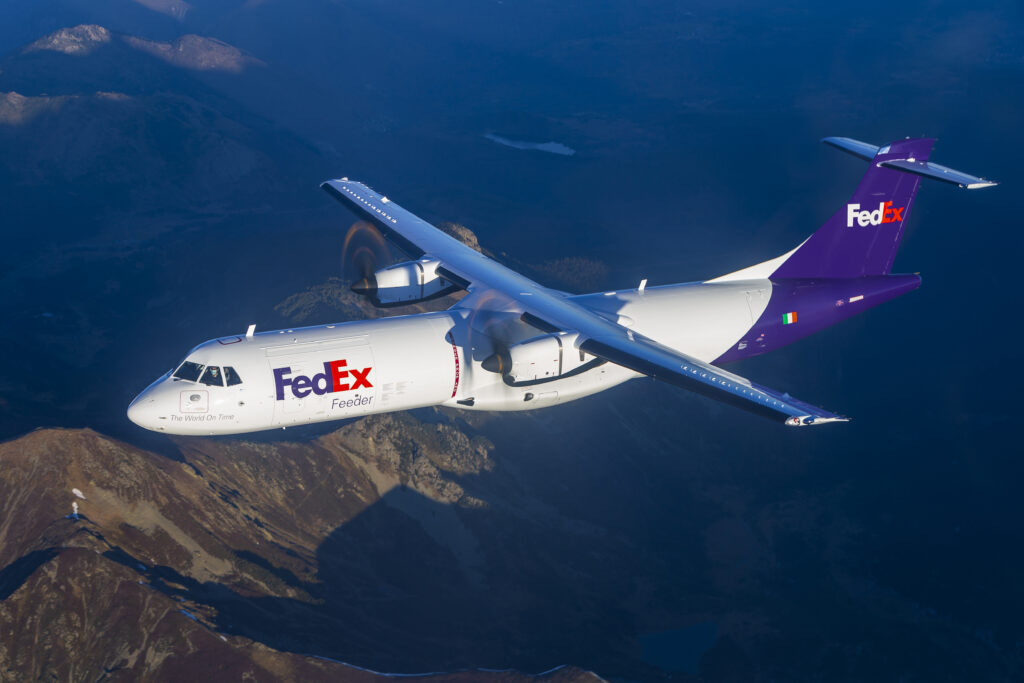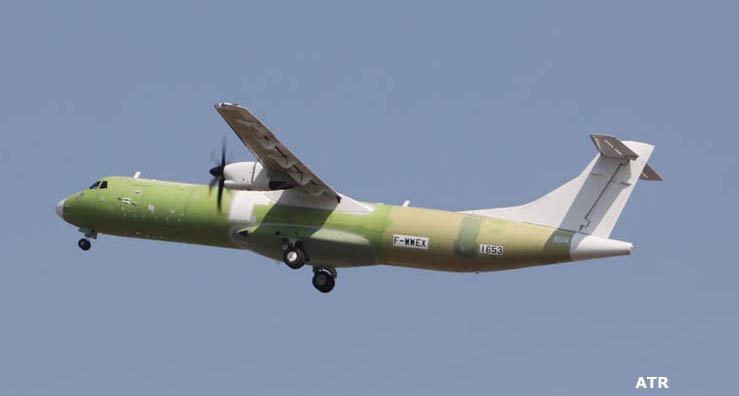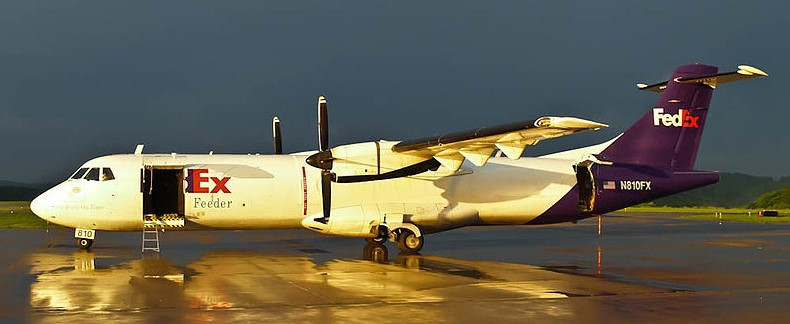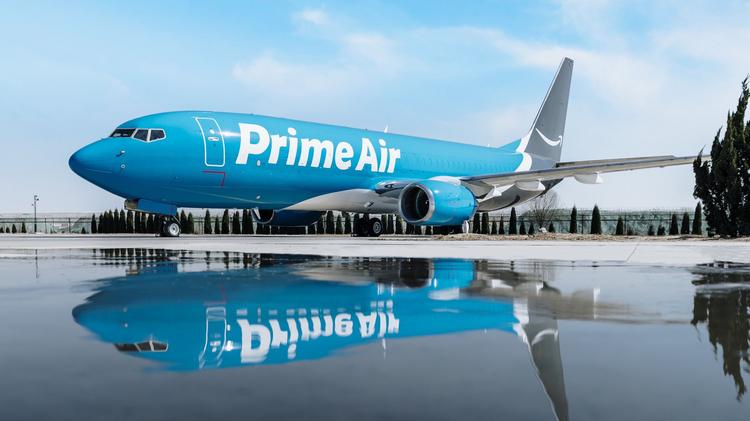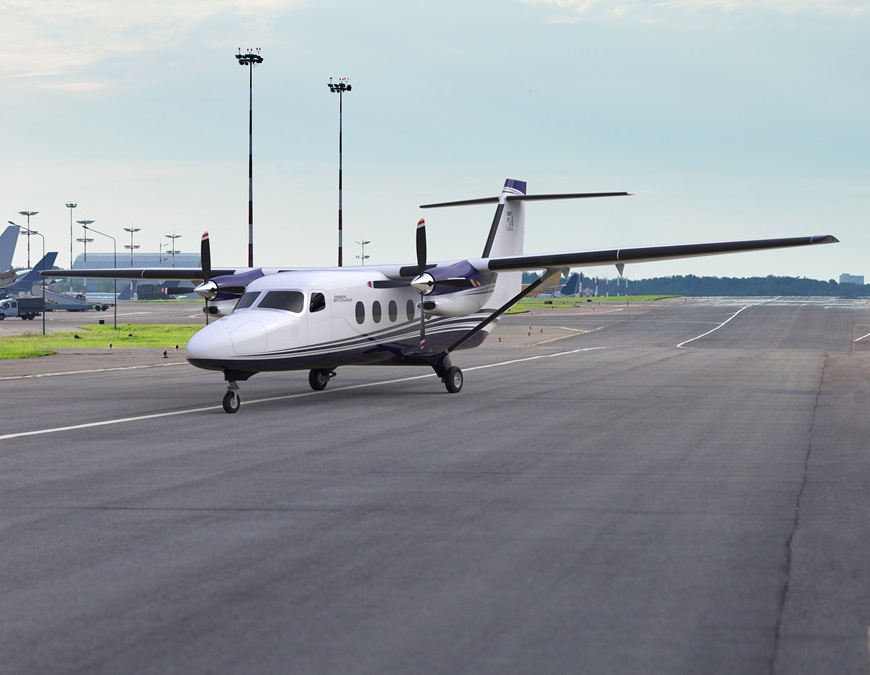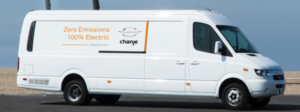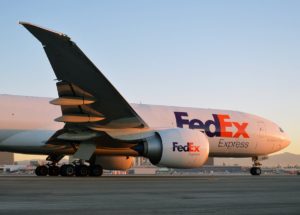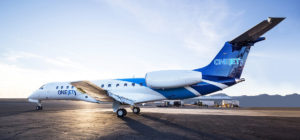Toulouse, 17 March 2021 – ATR is determined to emerge stronger from the COVID crisis by strengthening its global presence in the next decade and by continuing to offer the most sustainable and modern option for regional air travel.
In 2020, ATR was quick to react to the circumstances by supporting its customers with rapid freight conversion solutions, sanitary tutorials as well as storage and maintenance instructions. Throughout its sites, the company put in place operational and sanitary measures.
Last year, the world’s leading regional aircraft manufacturer delivered 10 aircraft and received six gross orders. Despite the unprecedented market conditions for aircraft manufacturers, 2020 saw nine new operators using ATR aircraft and 84 new routes opened. In addition, ATR operators launched services in three new countries. Last December, the first purpose-built freighter (ATR 72-600F) was delivered to FedEx.
Whilst air travel is still in its early phases of recovery, ATR has a clear and actionable plan to overcome the current challenges by continuing to pioneer sustainable and cutting-edge solutions for regional connectivity.
ATR’s plan for recovery includes:
- The implementation of incremental improvements into the aircraft family, to enhance operational efficiency and reduce maintenance costs through system upgrades and state-of-the-art avionics, maintaining the competitive and environmental advantage we offer to our customers
- Following the delivery of the first new purpose built freighter to FedEx, ATR is well positioned to benefit from the resilience of the cargo market, already at pre-Covid level. Air cargo is expected to double its capacity in the next 20 years, and point to point express deliveries can best be served by our aircraft
- The Short Take Off and Landing variant of the ATR42-600 will open a range of opportunities in airports with airstrips between 800 and 1,000 m
- Around 900 ageing regional turboprop will need to be replaced in the next years, and a more sustainable, cost-efficient and modern aircraft like the ATR can ensure profitability for its operators.
ATR has already flown with a combination of Sustainable Aviation Fuels (SAFs) and is further investigating its possibilities. To fill the gap from today until new disruptive technologies will be made available, ATR will explore new solutions to further reduce the carbon footprint of the aircraft.
The ATR joint venture was born with the mission to deliver a cost-effective, low fuel consumption aircraft that could reach small or remote airports with little infrastructure and short runways, and continue to pioneer cutting-edge technology fully oriented towards its customers’ requirements and the need to connect local communities with the global economy, healthcare, education and culture.
